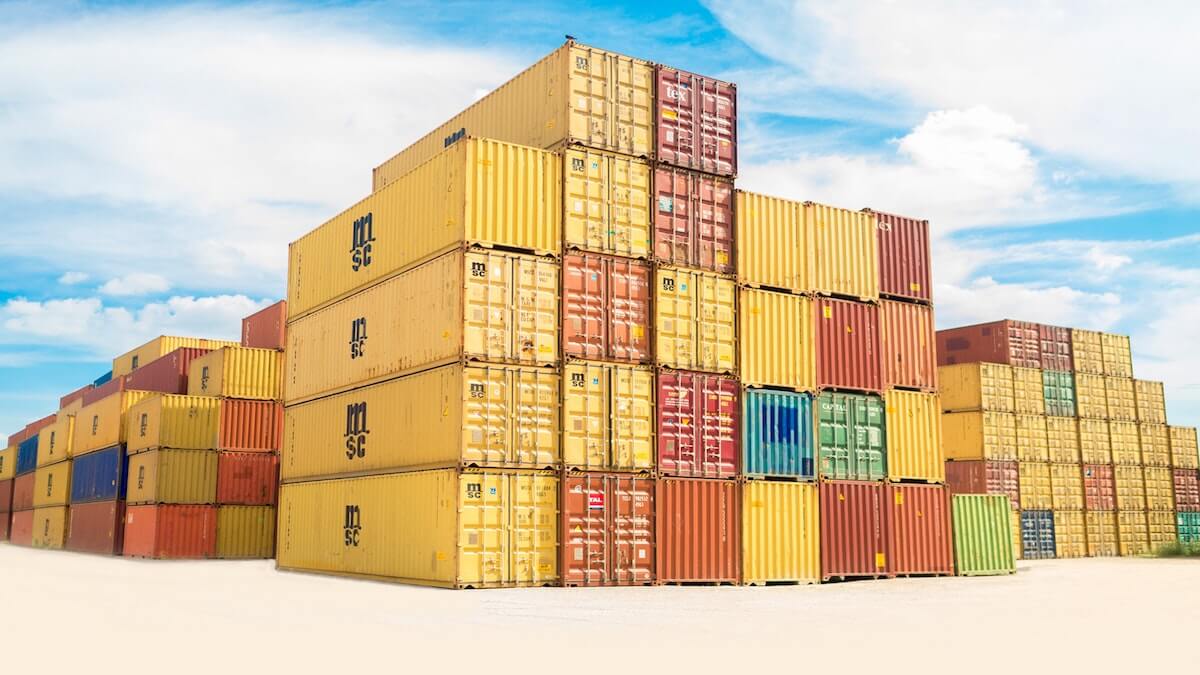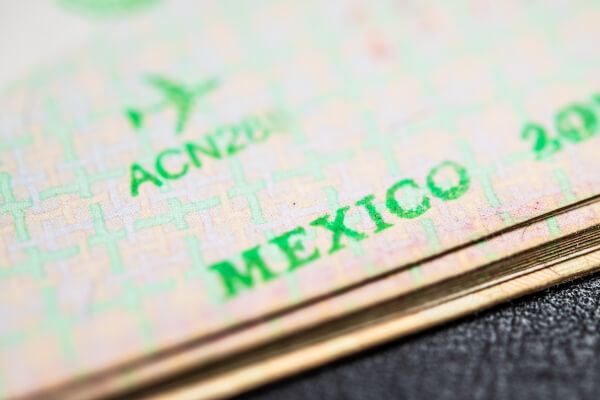How to Buy Commercial Property in Singapore: A guide for US businesses
In this US guide to buying commercial property in Singapore, navigate the process, costs, and unlock foreign investment opportunities with expert insights.

The Incoterms® rules are a set of 11 terms, each three letters long, that define a set of established norms for international trade. They spell out whether the buyer or the seller is responsible for the cost and the risk of the various stages of an international delivery.
FCA is one of those terms, and in this article we’ll go deeper into explaining what it means. Click on the link above for a thorough overview on Incoterms® rules.
| Table of contents: |
|---|
Wise Business lets you send your money abroad at the mid-market rate and can be up to 19x cheaper than PayPal.
You can also hold a balance in 40+ currencies, get local bank details and integrate with Xero. Sign-up is free, so why not take a look today.
FCA is short for “free carrier.” Using this term, you should generally also specify the place of delivery – that’s the place where the seller hands over the goods to the carrier, before the main, international leg of the journey. (This place is sometimes referred to as the “named place.”)
FCA is primarily meant to be used for containerized freight.
Here’s an overview of how the responsibilities break down.² ³ ⁴ ⁶ ⁷
Under FCA, the seller is responsible for:
If the named place is the seller’s premises, the seller is also responsible for initially loading the goods onto the vehicle. If the named place is somewhere else, the seller doesn’t have that responsibility: in this case, the buyer is responsible for unloading and reloading at the named place.
The buyer is responsible for:
The Incoterms® rules are updated once a decade, so Incoterms® 2016, 2017 and so on don’t exist – there’s just Incoterms® 2010 and 2020.
You’re under no obligation to use the latest set of rules. But when you draw up a contract, you should specify not just the Incoterms® rule you’re using, but also which edition of Incoterms® – 2010 or 2020 – you are referring to.
One of the biggest changes in the 2020 rules was to the FCA rule. There’s a new, optional provision.
If the buyer and seller want, they can agree that the carrier should give the seller a document that confirms that the goods have been properly loaded. This is known as an on-board bill of lading.
Providing this document has been fairly common practice for a long time, but not part of the formal FCA rule. The document is often requested by banks, which may need to have this confirmed in writing.¹ ⁵
There’s historically been some confusion between FCA and another rule which gives the buyer lots of responsibility: EXW. So let’s clear that up.
EXW stands for Ex Works, and it’s the Incoterms® rule that gives least responsibility to the seller. The buyer arranges transportation from the seller’s own premises, and handles the entire subsequent process, including export clearance.
EXW has the advantage that it sounds nice and unambiguous. However, it presents a lot of problems in practice. The seller is usually in a far better position than the buyer to sort things out in the export country, and to provide all the necessary documentation.
Remember that, under the FCA rule, the named location can be the seller’s premises. If that’s the case, then under FCA, the seller is responsible for loading the goods onto the transport. By contrast, under EXW, that’s the buyer’s responsibility.
Overall, FCA is considered a better term to use than EXW in most cases, with less potential for problems along the way.³ ⁴ ⁶
Sources
1.ICC - What are the key changes in Incoterms® 2020?
2.Shipping Solutions - The Beginner's Introduction to Incoterms
3.Freightos - FCA Incoterms | FCA shipping
4.Incoterms Explained - Free Carrier
5.Incoterms Explained - Incoterms 2020 – FCA and the on-board bill of lading
6.Trade Finance Global - FCA Free Carrier - Incoterms® 2020 Rule
7.Shipping Solutions - Incoterms 2020 FCA: Spotlight on Free Carrier
All sources checked April 23, 2020
*Please see terms of use and product availability for your region or visit Wise fees and pricing for the most up to date pricing and fee information.
This publication is provided for general information purposes and does not constitute legal, tax or other professional advice from Wise Payments Limited or its subsidiaries and its affiliates, and it is not intended as a substitute for obtaining advice from a financial advisor or any other professional.
We make no representations, warranties or guarantees, whether expressed or implied, that the content in the publication is accurate, complete or up to date.

In this US guide to buying commercial property in Singapore, navigate the process, costs, and unlock foreign investment opportunities with expert insights.

Learn the essentials of how to invest in commercial property in the UK as a US investor.

Discover how to invest in commercial property with our comprehensive guide.

Learn how to hire independent contractors in Canada. Understand legal rules, tax responsibilities, and how to avoid misclassification with this guide.

Learn how to hire independent contractors in Brazil. Understand tax rules, compliance, contracts, and how to avoid misclassification risks.

Learn how to hire and pay independent contractors in Mexico. This article also includes an FAQ and best practices about working with contractors in Mexico.